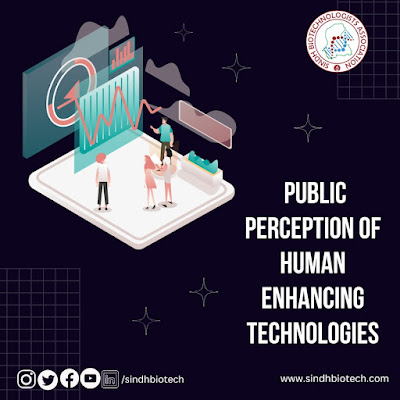Survey on impacts of nutrition literacy on the dietary habits of Pakistani girls
Introduction:
Nutrition education is a systematically planned set of activities designed to assist in healthy eating choices and other nutrition-related behavior leading to health. Nutrition education is not just learning about foods and nutrients, but learning what to do and how to act to improve nutrition. Nutrition education can be imparted through many locales and delivered by individuals and communities. This education can impart in universities, colleges, schools and food industries etc. The health of teenagers depends upon the daily intake of food that contain enough energy and nutrition which is important for their physical, social and mental growth and development. Intake of sufficient nutrient is important during for young girls because is the time of ardent physical and mental growth. During young age there is increase in height due to hormonal changes, in weight and in skeletal mass which requires increase in nutrition. However, young girls specially remain neglected and face nutritional challenges and suffer with retard growth and development.
Objectives of study:
1. To estimate the effect of nutrition education on the daily nutrition intake of girls of 12-23 years old in colleges and universities.
2. To teach young girls about source of balance diet and nutrition.
3. To assist with further developing the dietary patterns of young girls.
4. To act as a manual for nutrition dieticians and educators.
5. To suggest nutritional education as a component of the education in college and universities.
Aim of study:
The point of this study is to frame the significance of nutritional education to improve the nutrition intake of young girls. One specific group of interest is the young female few studies have investigated the effect of nutrition education on the dietary intake of the young girls. In the current review, the impact of a term long nutrition training on the dietary habits for females in college and universities will analyzed. This review will look at dietary intakes of female understudies who gained nutritional education to female understudies who didn't. The discoveries in the current review are significant in that they will help dieticians comprehends on the off chance that young girls who are provided with a one term time span will develop better dietary habits over young girls who don't get nutritional education.




Comments
Post a Comment